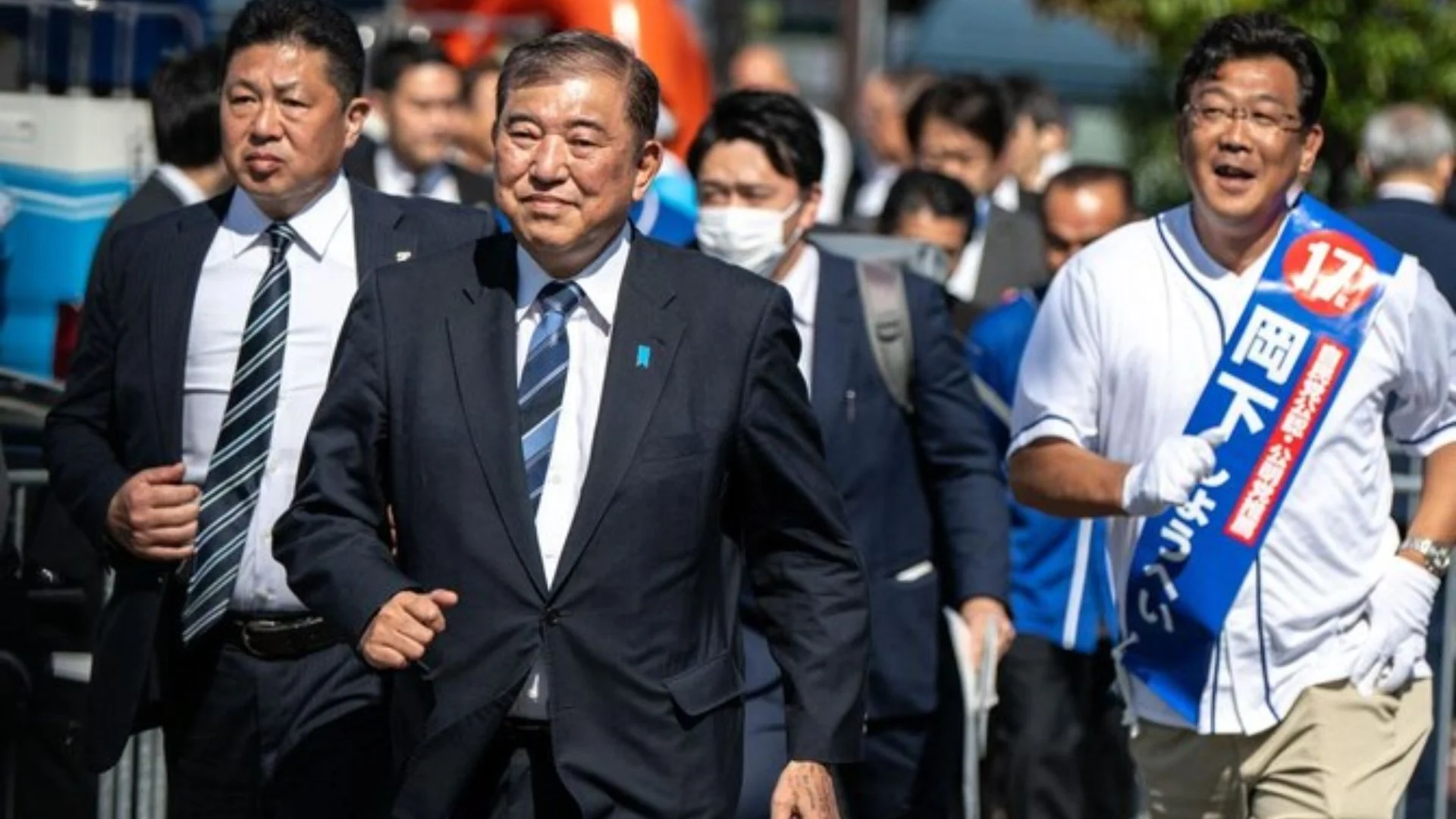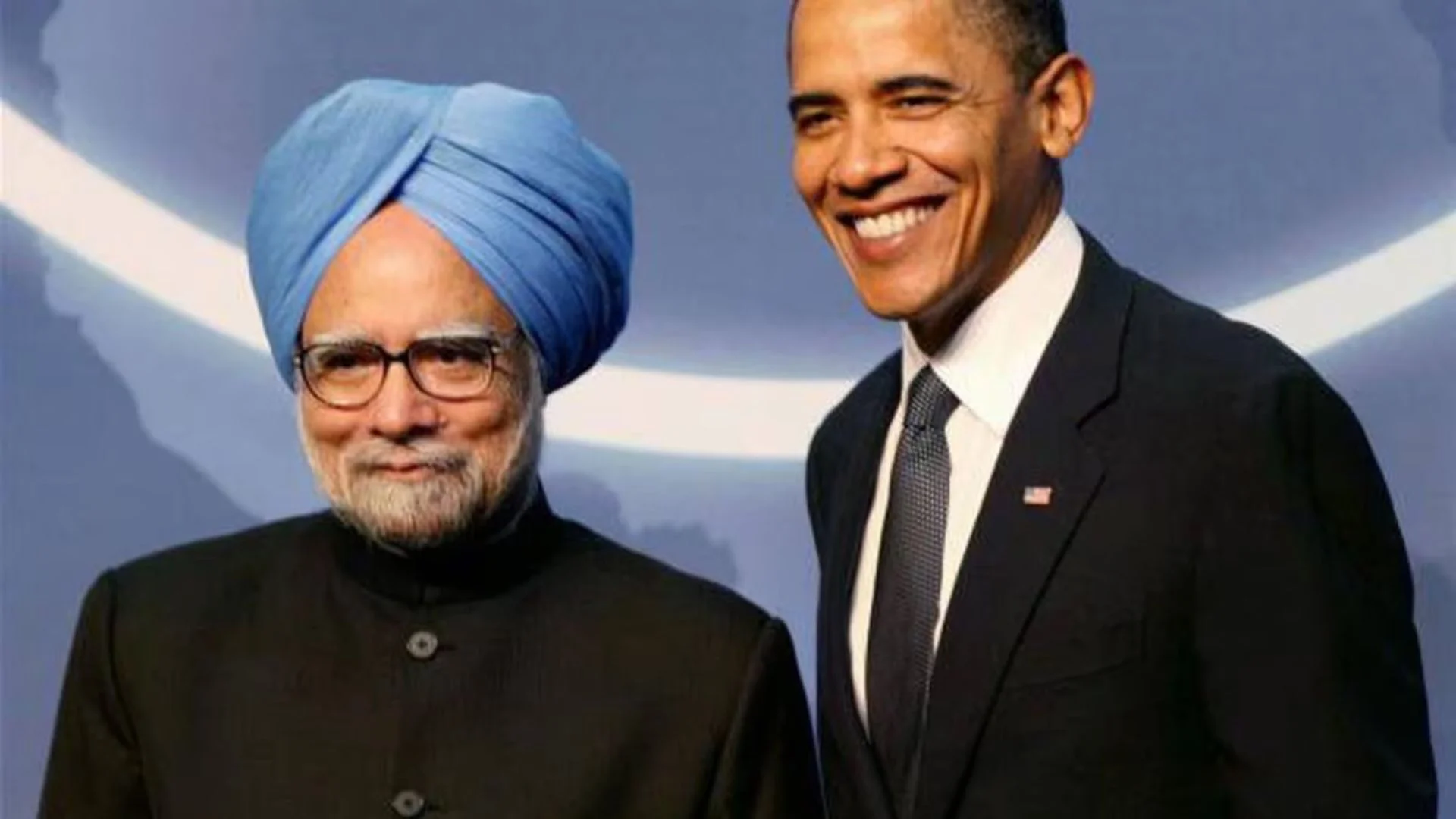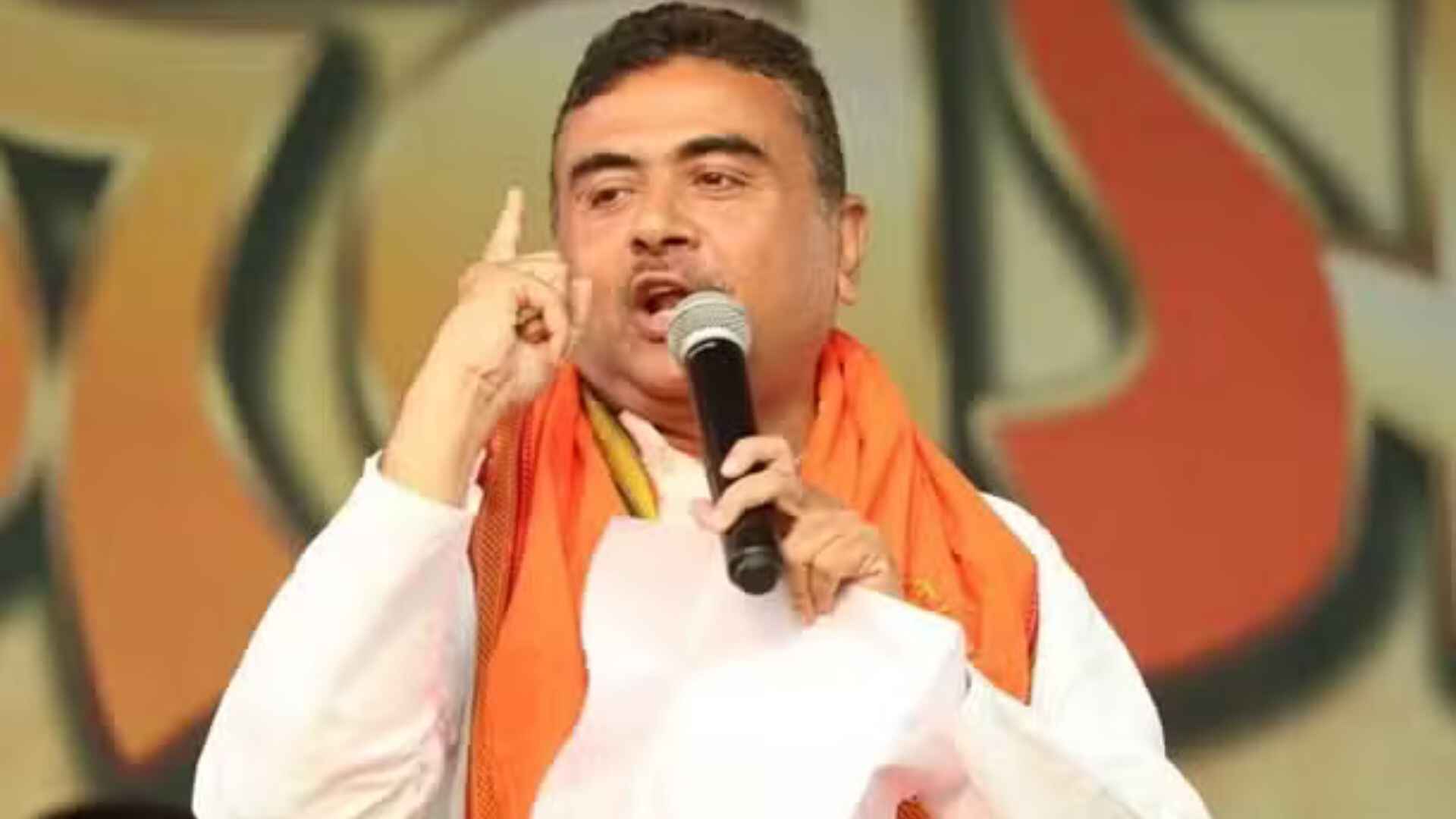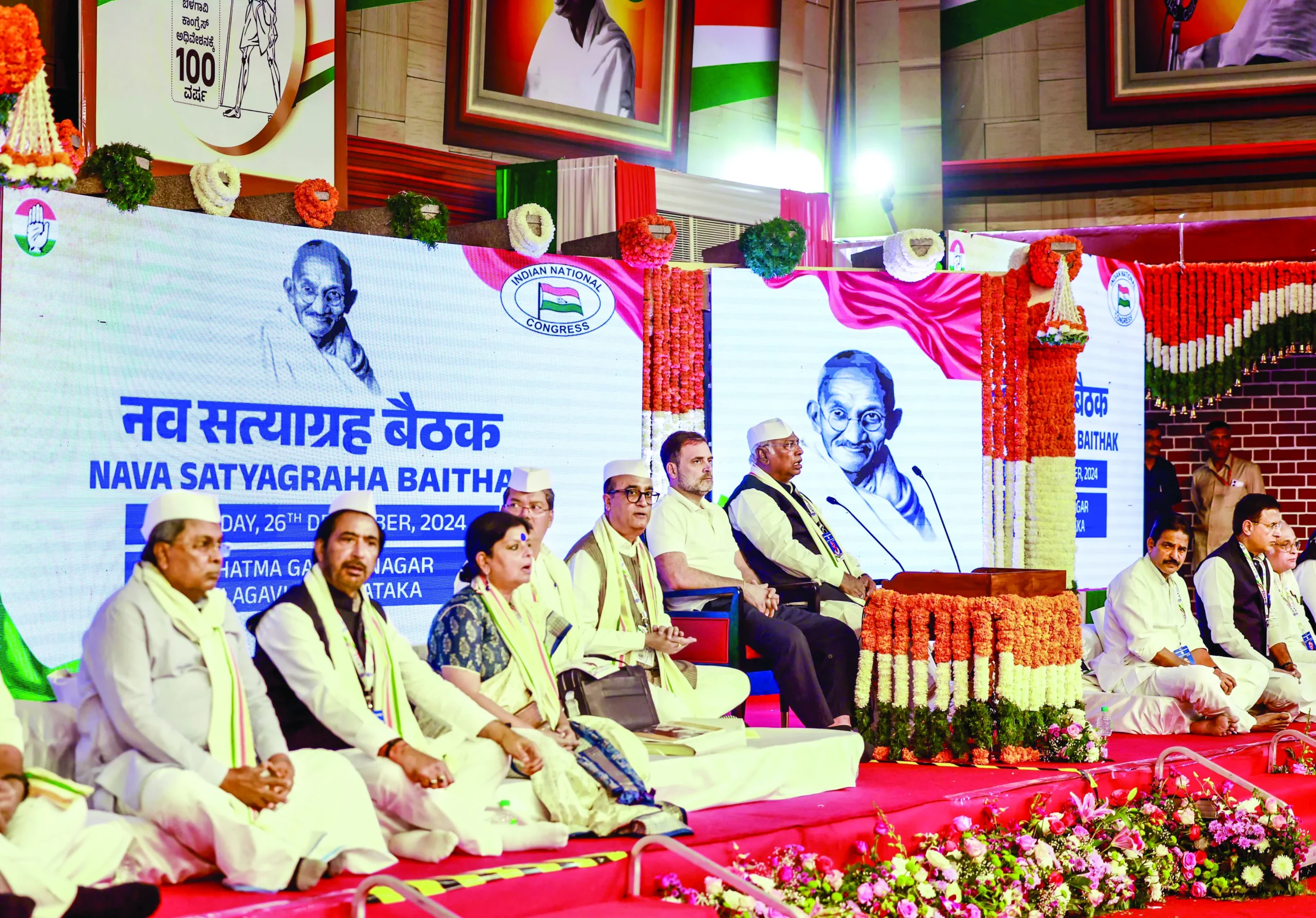Japanese voters are set to determine the future of Prime Minister Shigeru Ishiba’s government on Sunday in a crucial election that could signal a decline for his Liberal Democratic Party (LDP). This election comes amid a funding scandal and rising inflation, leading to expectations that the ruling coalition may face significant backlash from voters.
Polls indicate that the LDP, along with its long-time ally Komeito, could experience a significant loss, potentially forfeiting their parliamentary majority. This comes as Japan grapples with escalating living costs and strained relations with neighboring China. A loss of majority in the lower house would necessitate power-sharing negotiations with smaller parties, creating uncertainty in various policy areas. However, no surveys predict that the LDP will be completely ousted from power.
Experts warn that political instability could disrupt markets and pose challenges for the Bank of Japan, especially if Ishiba allies with a party that favors maintaining near-zero interest rates while the central bank aims to gradually increase them. Jeffrey Hall, a political analyst at Kanda University of International Studies, noted that such partnerships could weaken Ishiba’s leadership and force the LDP to compromise on its policy priorities.
According to a recent Asahi newspaper survey, the LDP could lose as many as 50 of its 247 lower house seats, while Komeito might drop below 30 seats. This would leave the coalition with fewer than the 233 seats required for a majority. Market experts, like Naka Matsuzawa from Nomura Securities, view the election outcome as crucial for Japan’s fiscal and monetary policy, with Japanese shares dropping 2.7% on the benchmark Nikkei index last week.
While the LDP is projected to remain the largest political force in parliament, it is expected to lose votes to the opposition Constitutional Democratic Party of Japan (CDPJ), which previously unseated the LDP in 2009. Estimates suggest that the CDPJ could secure as many as 140 seats in the election.














